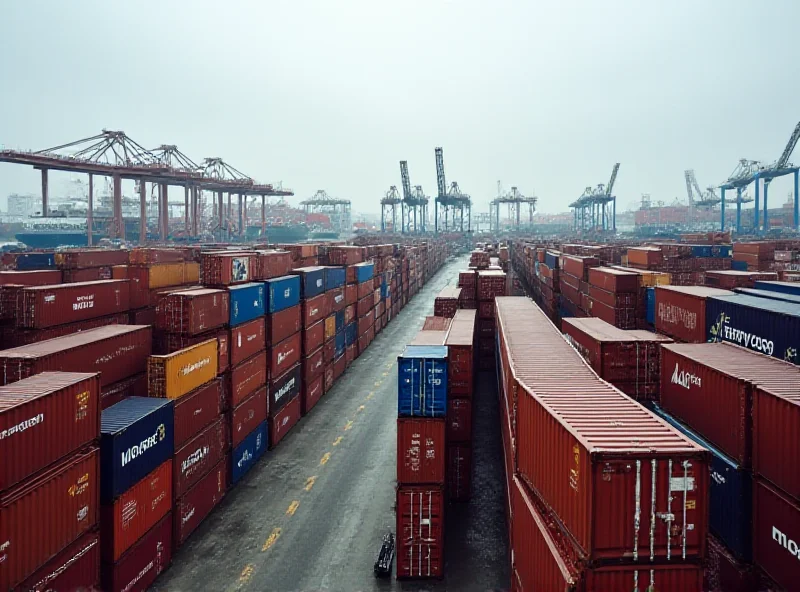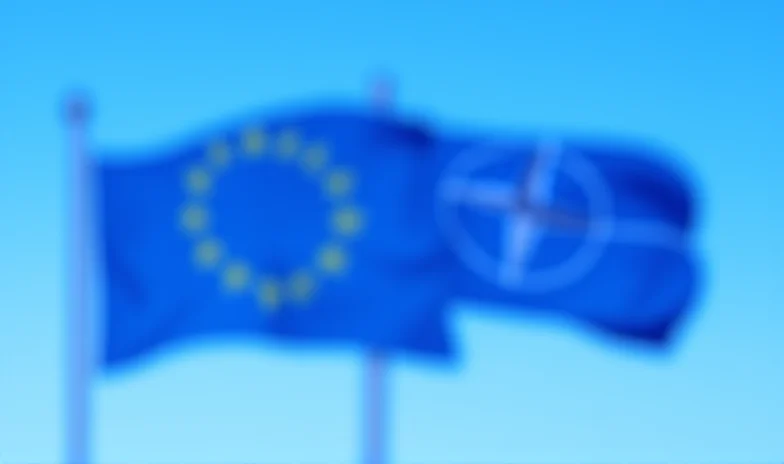Europe is facing a complex web of challenges, from bolstering its defence capabilities and supporting Ukraine to addressing internal market inefficiencies and countering espionage. Recent developments highlight the multi-faceted nature of these issues, demanding a coordinated and decisive response.
Defence Cooperation and Ukraine Support
Following a Special European Council focused on defence, EU leaders convened a videoconference with key NATO partners, including Canada, Türkiye, the UK, Iceland, and Norway. The aim was to update these allies on EU defence goals and to foster greater cooperation in the face of growing global instability. The discussions also centered on rearmament efforts and providing additional aid to Ukraine, a nation struggling to defend itself against Russian aggression.

The need for continued support for Ukraine is underscored by arguments that Europe must take more decisive action. Some analysts contend that seizing frozen Russian assets is "the only effective means of saving Ukraine," suggesting a bold policy shift to utilize these funds for the country's defense and reconstruction. This approach, while controversial, is seen by proponents as a necessary step to hold Russia accountable and provide vital assistance to Ukraine.
Internal Market and European Sovereignty
Beyond external security concerns, Europe is also grappling with internal challenges that threaten its economic sovereignty. A recurring theme is the need for a unified internal market to ensure the effectiveness of industrial policies. Without such a market, industry-specific measures remain ineffective, and investments are likely to flow to regions outside Europe that offer stronger growth potential. This situation risks undermining Europe's competitiveness and its ability to assert its influence on the global stage.

"Without a uniform internal market, industry-specific measures remain ineffective. Investments then continue to flow into faster-growing regions outside Europe."
Espionage and National Security
The threat of espionage remains a persistent concern for European nations. Recently, Vanya Gaberova, Tihomir Ivanov Ivanchev, and Katrin Ivanova were found guilty at the Old Bailey in the UK for their involvement in a major Russian spy operation. This case highlights the ongoing efforts by foreign intelligence agencies to infiltrate European societies and gather sensitive information. While the focus has been on these specific individuals, concerns remain about the potential presence of "deeper Russia agents" operating within the UK and other European countries. This underlines the critical importance of vigilance and robust counter-intelligence measures to protect national security.

The convergence of these issues – defence cooperation, economic competitiveness, and national security – presents a complex challenge for Europe. Addressing these challenges effectively will require a coordinated approach, strong leadership, and a commitment to both internal reform and external engagement.
